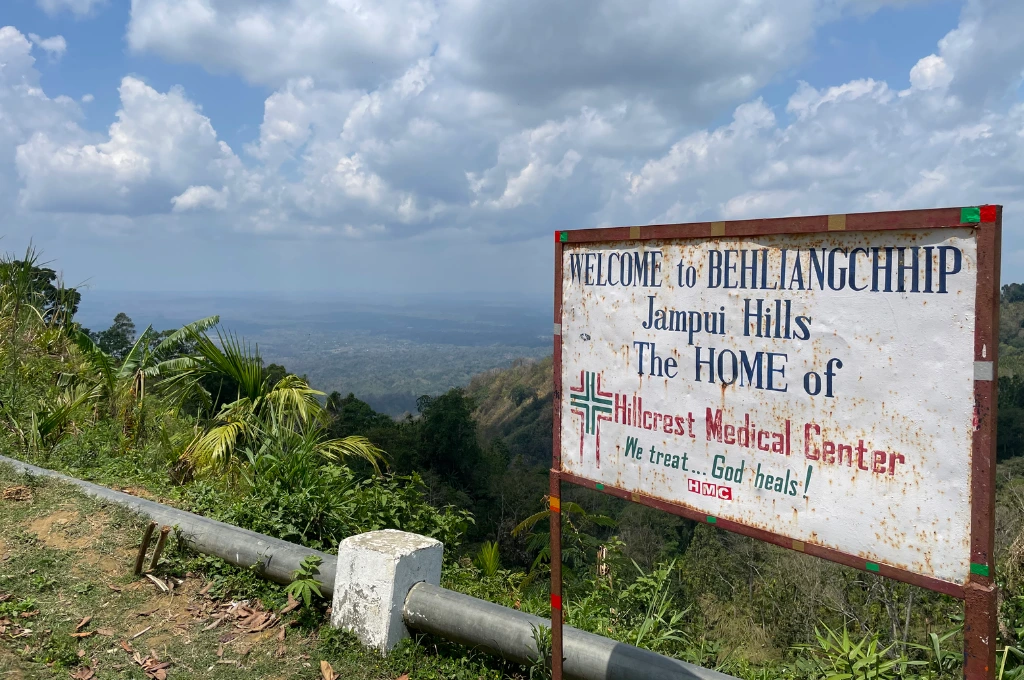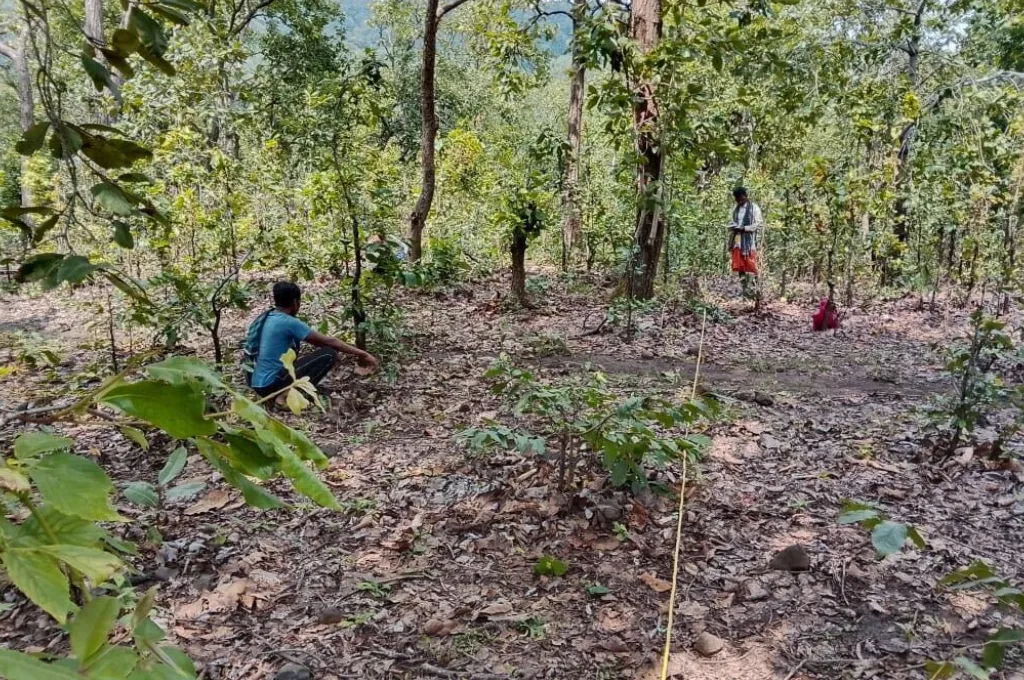Faith in business: Nagaland’s nonprofits and religious networks
View the entire series here.
In 2008, Nitoshe Sheqi was a fresh political science graduate from a university in Kohima. Like many young people in Nagaland, he was preparing for a career in public service. People around him, including his professors, wanted him to appear for UPSC and NPSC exams for that coveted white-collar job. However, Sheqi wasn’t entirely convinced.
He says, “It would have taken me at least one or two years to prepare for the exam, and even after that I needed luck. I had completed my MA; I did not want to depend on my parents any more.”
It had been only a week since his graduation, but Sheqi was getting restless. During this period, he was a regular at a local Baptist church. The church, like many churches in Nagaland, had women’s groups and youth groups that organised career guidance programmes, including those on public service and entrepreneurship. Sheqi believes it was one of the lectures organised under the programme that rekindled his love for entrepreneurship.
He says, “I always wanted to be in business but I did not know where to start.” After the lecture, he visited bookstores and book fairs in Kohima to read everything he could about entrepreneurship. He took up skills training under Entrepreneur Associates, a nonprofit working on youth entrepreneurship and sustainable livelihoods in Nagaland. In the same year, with a loan of INR 20,000, he began his enterprise by selling kitchen wares, tea, and organic vegetables in the streets of Kohima.
Neichute Doulo, founder and CEO of Entrepreneur Associates, says that faith-based organisations play a crucial role in the close-knit society of Nagaland. While Nagaland’s community-based society is a huge leverage for any nonprofit working in the state, it is also a challenge because community mindsets are difficult to change. Doulo says, “When we started working on self-employment, we were going against the social expectation of government jobs. Parents would caution their children not to come to our meetings.” Partnering with student bodies, peer groups, and church groups has been hugely beneficial for nonprofits working on livelihoods in Nagaland. Since these groups are perceived as safe environments by the communities, they help facilitate open dialogue with young people.
The results are here to see. Sheqi is now a distributor of FMCG products with an office in Kohima and another one in Dimapur. His friend, once a youth director at a church and engaged with career guidance programmes, now runs a music institute of his own.
As told to IDR.
Neichute Doulo is the founding CEO of Entrepreneurs Associates. Nitoshe Sheqi is an FMCG distributor and a community mobiliser with Entrepreneurs Associates.
—
Know more: Learn how communities in Meghalaya are now commercialising traditional aquaculture.
Do more: Connect with Neichute Doulo at ndoulo@gmail.com and Nitoshe Sheqi at nitoshesheqi260@gmail.com to learn more about and support their work.




